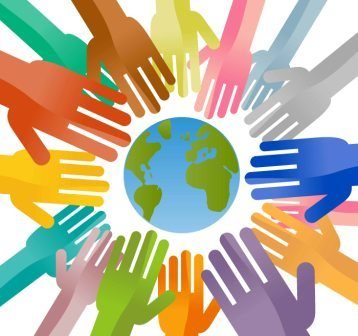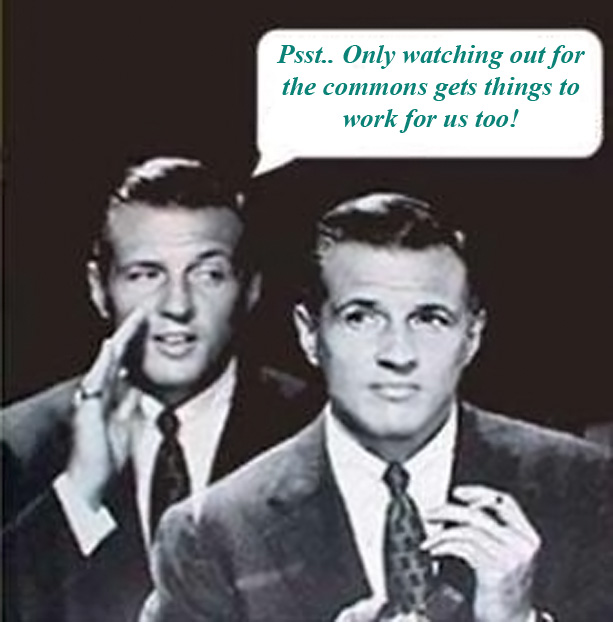We keep leaving unaddressed that political will is just not enough
to overrule the power of money.
It’s in the interests of money to change course, to use profits to offer services to the commons rather than exploit it till it fails.
Even spending on astoundingly expensive arts an crafts, like “building pyramids” to ourselves, may not be an ideal service to the economy and the earth, but is a far better one than investing profits to multiply demands on it. It would generate earned income, which would then relieve debt. It would keep profits from being used to extract ever growing unearned income, for ever growing inequity and debt.
Political will won’t have a chance otherwise
Posted to Climate Code Red 7/20/12
Yes, there’s a very solid case to be made to “do something”. We’ve also been fooling ourselves from the start about political will being able to overtake and control the behavior of money. Because for the past 40 years even discussing that subject has been avoided…, now if we don’t face the need for a more comprehensive approach our efforts are clearly doomed to fail.
There’s also a readily visible, but somehow counter-intuitive, strategy that works for lots of businesses large and small, and for self-organizing systems throughout nature. It’s for “the bosses” to recognize the system needs them to change roles, and become “service provider in chief” rather than “exploiter in chief” for the system to survive and thrive. A CEO of a large corporation or the managing partner of most professional corporations, needs to be the lead service provider to their network of resources, not an authoritarian ruler demanding ever growing profits.
How to apply that same principle to the economy as a whole is for the financial fund owners (retirees, NGO’s, governments & the super rich) to use their profits to heal the earth, managing their funds like endowments. Some already do, and that just needs to become universal. That reverses the traditional practice using profits to multiply your exploitation of the earth for more.
Rearming a rag tag gang with guns that shoot straight…
On the Systems Thinking World, Helene and others had been discussing the sustainability strategy now called “circular economy” aka “cradle to cradle”. That is a name change I was unfamiliar with that threw me off guard at first. In theory, the economy would be “decoupled” from depleting non-renewable resources if they were 100% recycled. That vision and intent are great. It needs to respond to the past great failures of the same purpose, though, how “sustainability” was turned back into “business as usual”(BAU), to become a strategy for maximizing growth. Continue reading “Wasteful Splendor” Astoundingly expensive arts and crafts



